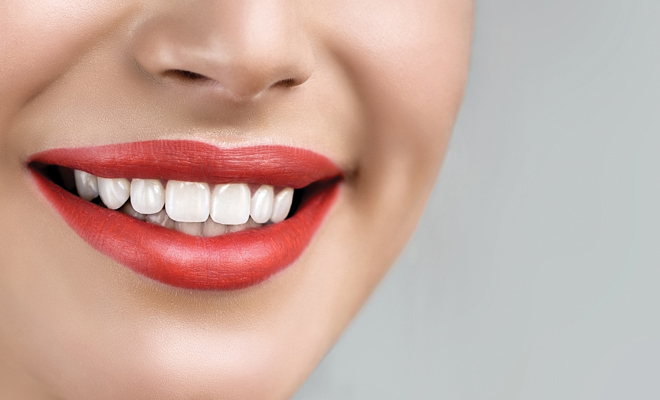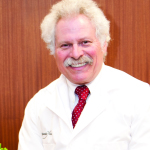
Understanding Cosmetic and Esthetic Dentistry
What procedures does a cosmetic dentist perform that go beyond general dentistry?
Cosmetic dentistry is defined as dentistry that is wanted by the patient specifically to improve their smile and appearance. Cosmetic dentistry does not involve just the teeth but also how beautiful the soft tissue appears and what has to be performed to achieve that. Esthetic dentistry is defined as needed dentistry so that the results are beautiful. Appearance-related dentistry can include direct resin hand bonding, porcelain veneers, beautifully placed and restored implants and invisible direct resin fillings, whether in the front or the back of the mouth.
What is an esthetic dentist?
Cosmetic dentistry is not a recognized dental specialty, but SUNY Buffalo and the University of Minnesota Schools of Dentistry have both issued a Certificate of Proficiency in Esthetic Dentistry that is recognized by both the American Dental Association and the New York State Board of Regents. The courts have also ruled that a formal program from a dental school allows a dentist to say that they are a general dentist with a specialty in esthetic dentistry. The other organization that offers accreditation is the American Academy of Cosmetic Dentistry.
I’ve heard about standards of cosmetic dentistry. What does this mean?
Established standards of cosmetic dentistry have rules that should be followed so that patients have a high degree of expectation that they will obtain the outcome that they are seeking. For instance, one rule says that the average length of central incisors is about 10.5 mm. Another rule says that veneers should follow the curve of the lower lip but not touch the lip in a full smile.
Many dentists who say that they do cosmetic dentistry do not accept that there are rules and if the patient likes the outcome, that is good enough. Those dentists believe that, as with art, cosmetic dentistry is purely subjective. This is just not so.
Do you have to be a good general dentist in order to be a good cosmetic dentist?
A good general dentist may or may not be a good cosmetic dentist. What separates a general dentist from a good cosmetic dentist is thousands of hours of additional training and a natural artistic sense. In golf, for instance, you can take hours of lessons but still not be a great golfer. That said, a very good cosmetic dentist is a very good general dentist; for that reason, patients who have cosmetic dentistry tend to stay with that dentist for their general dentistry.
What should I look for when selecting an esthetic dentist?
Seek a dentist who has thousands of hours of high-quality continuing education in the area of cosmetic dentistry. The dentist should have a minimum of five to seven years of experience in the area of cosmetic dentistry and should have many of their own cases to view on their website.
Go to several dental offices to interview the dentist. Learn if the staff members and the dentist each have beautiful smiles. Is the office beautiful and well maintained? A dental office that is not beautiful and up to date will indicate that the dentist has not kept up with his or her education and might have become lazy. A beautiful office demonstrates the esthetic or artistic sense of the dentist. Will the dentist give you a preview of a proposed smile in your mouth, such as a resin mock up? Will the dentist take many photographs of your teeth with a digital camera? Selecting a dentist using these guidelines should make it much easier for you when you decide that you want or need
esthetic dentistry. ■
Written by: Dr. Gerald Benjamin
Gerald C. Benjamin, DDS, brings tireless devotion to his work, 39 years of experience in restorative and esthetic dentistry and the highest quality service to create extraordinary smiles in the New York Capital District. Dr. Benjamin believes it takes a team to achieve the long-lasting effects of a great smile. His practice is located at 18 Division Street, Suite 205 in Saratoga Springs, New York; call 518-583-1116 for a consultation.








